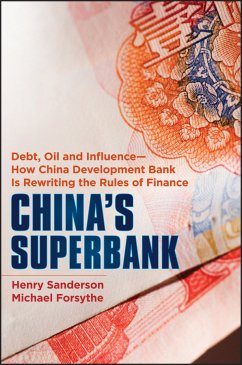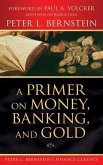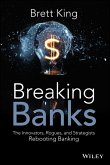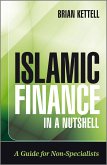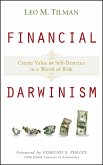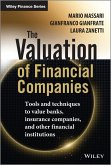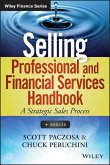Dieser Download kann aus rechtlichen Gründen nur mit Rechnungsadresse in A, B, BG, CY, CZ, D, DK, EW, E, FIN, F, GR, HR, H, IRL, I, LT, L, LR, M, NL, PL, P, R, S, SLO, SK ausgeliefert werden.
"Lifting the veil on one of global finance's least understood institutions, the book is essential reading for anyone seeking insight into the workings of Chinese state capitalism." -- China Economic Quarterly, March 2013
Reviewer: Erica Downs of the Brookings Institution
"China's economy sometimes seems the work of miracles: three decades of economic growth, with GDP compounding at an annual rate of around 10%; the world's highest levels of savings and investment; vast trade surpluses, which feed the largest foreign-exchange reserves in history. The financial system has played a key role in delivering these economic feats, and no single institution within it has been more important than China Development Bank. "Understand CDB," Henry Sanderson and Michael Forsythe write in "China's Superbank," "and you understand the core of China's state capitalism." -- Wall Street Journal review, Feb 27, 2013
"The book is another useful insight into the workings of the Chinese state apparatus to come out of the Bloomberg bureau in Beijing - in July it printed an exposé about the family finances of Xi Jinping, and its website has been blocked since. One of the most striking aspects of the CDB story is how the bank managed to balance being a state-owned company with maintaining sufficient independence to function as a commercial business." -- Irish Times
"Calls for reform in China tend to come in two kinds - one, the most common in Chinese social media and popular discussion, calls for a crackdown on endemic forms of local tyranny, such as land seizures, black prisons, and bribery. The other, found among liberals within the Party and expatriate businessmen, talks about rolling back the growing dominance of the state and state-owned companies over the Chinese economy, opening more markets to competition and ending the practices that allow state-owned (or state-blessed) companies to command cheap access to capital, natural resources, and land. So far, Xi Jinping's term looks promising for advocates of the first but the book [China's Superbank: Debt, Oil and Influence - How China Development Bank is Rewriting the Rules of Finance] makes a case that land seizures are at the very foundations of China's model of state capitalism." -- The Diplomat

